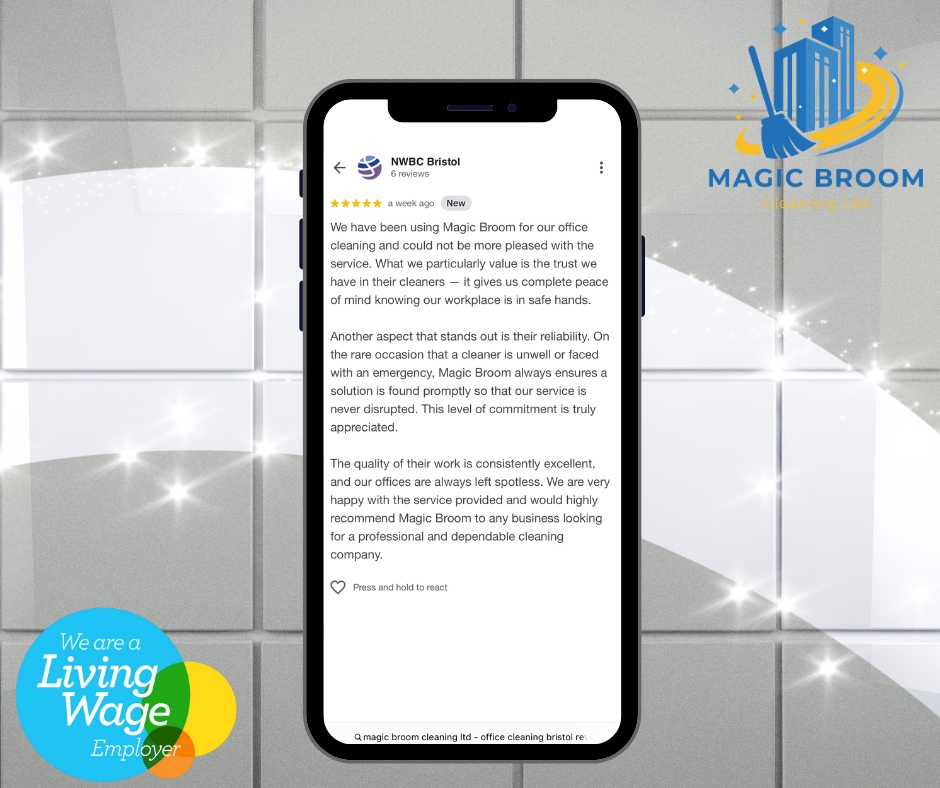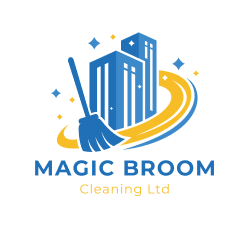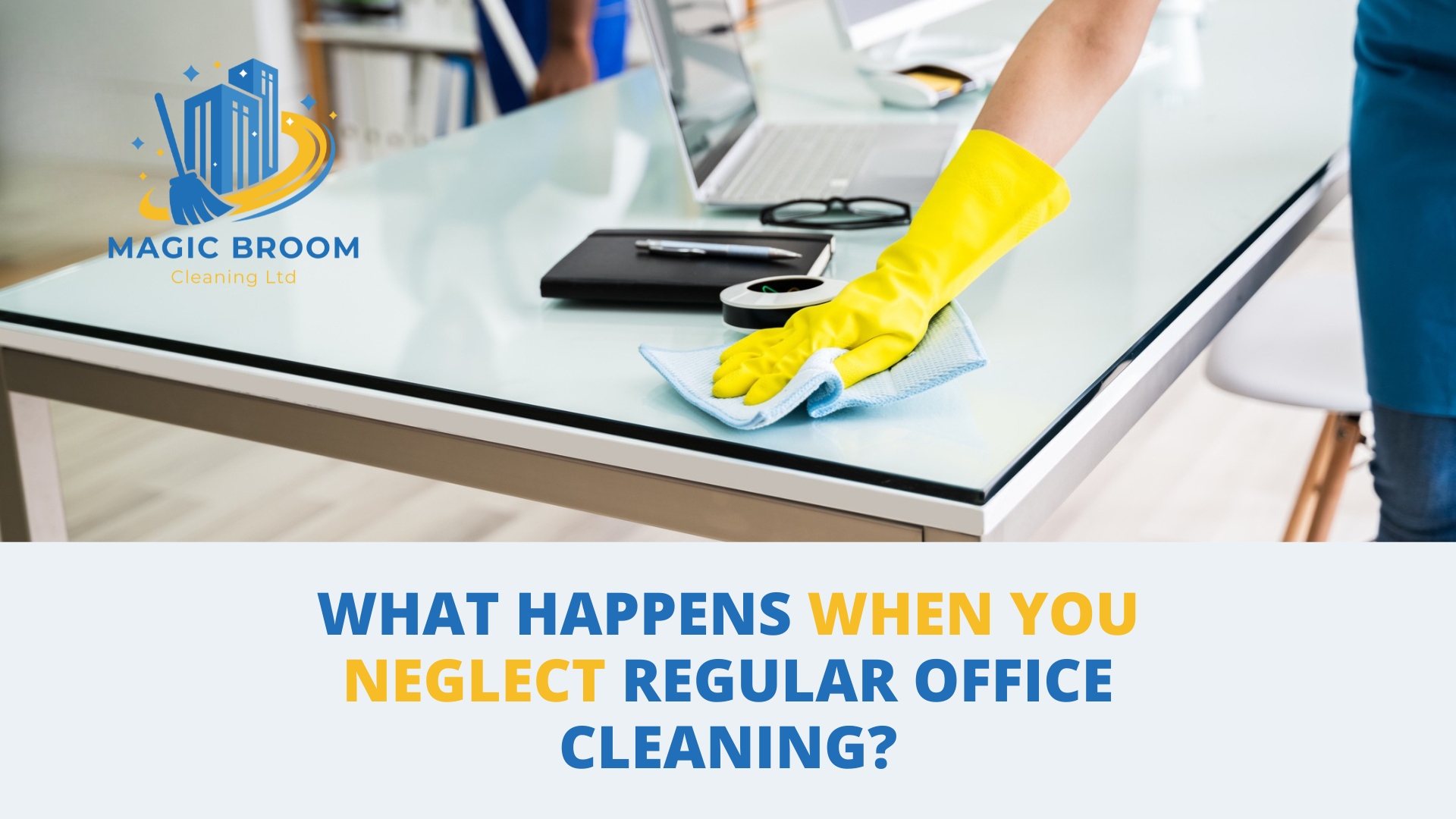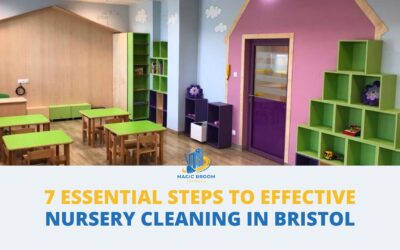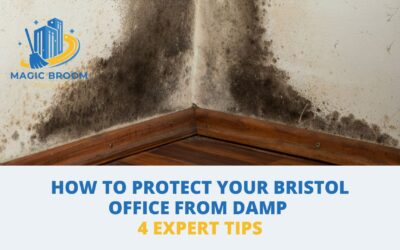Regular office cleaning keeps people healthy and the office looking professional. When it’s neglected, small problems build up fast. This blog explains what happens when you neglect regular office cleaning. We look at the main risks and costs, from sickness and safety issues to pests, worn surfaces and a decline in morale.
You will also find clear warning signs that your current set-up is not working, a quick look at your basic UK duties on cleanliness, and what to ask when choosing a reliable commercial cleaning provider.
Why Regular Office Cleaning Matters
Regular office cleaning helps keep people healthy by reducing the spread of germs and improving air quality. That means fewer sick days and a team that can get on with their work. A tidy office also looks professional and makes a good first impression on clients and visitors. It helps keep floors safe, prevents small hazards from building up, and makes carpets, floors and equipment last longer. Most of all, a well-kept space is easier to work in, more organised and less stressful for everyone.

Your UK Legal Duties on Cleanliness
In the UK, employers must keep the workplace clean and safe. Two main laws set the standard:
- Health and Safety at Work etc. Act 1974: places a general duty on employers to protect employees’ health, safety and welfare.
- Workplace (Health, Safety and Welfare) Regulations 1992, Regulation 9: requires workplaces, furnishings and fittings to be kept sufficiently clean, with waste removed regularly.
What this means in practice
Keep things simple, written down and consistent.
- Have a cleaning schedule for each area, based on how busy it is and the risks.
- Empty bins regularly, use lids for food waste and clean bins when required.
- Keep washrooms clean and stocked with soap, hot water and hand-drying.
- Make floors safe by clearing spills and debris quickly to cut slip and trip risks.
- Clean kitchens and break areas daily, including worktops, sinks and appliance handles.
- Wipe touchpoints such as door handles, lift buttons, bannisters and printer panels.
- Use colour-coded cloths and mops to avoid cross-contamination.
- Plan periodic deep cleans for carpets, hard floors, high surfaces and vents.
Note: Even if you use a cleaning contractor, it is still your responsibility to ensure these standards are met. Agree the standards in writing, check the work, and keep simple records like the schedule, risk assessments, sign-offs and any quality checks.

What Happens When You Neglect Regular Office Cleaning?
Health Risks and Sickness Absence
Door handles, lift buttons, and shared kitchens collect germs quickly. If they aren’t cleaned regularly, illness spreads and more people take sick days. With a simple schedule and daily touchpoint wipes, you keep people well and bring sickness days down.
Safety Risks: Slips, Trips and Falls
Wet or dirty floors and poor housekeeping are common causes of slips and trips. Prompt spill clean-ups and keeping floors clear reduce accidents and keep your workplace compliant.
Pests and Odours in Kitchens and Break Areas
Overflowing bins and messy kitchens attract pests and create smells no one wants to work around. Simple controls such as lidded food-waste bins and regular bin cleaning prevent issues before they turn into an infestation or odour problem.
Damage to Office Assets and Long-Term Costs
Grit and dust act like sandpaper on carpets and hard floors. Residue on fittings and equipment causes avoidable wear. Regular cleaning protects assets, extends their lifespan and cuts repair and replacement costs.
Reputation, First Impressions and Client Confidence
First impressions count. If reception is cluttered, the glass is smudged, and the toilets aren’t up to standard, people notice. Keeping the place tidy and well presented signals professionalism.
Productivity and Staff Morale
Messy areas distract people. Instead of starting work, staff wipe desks, look for a clean mug or reset a meeting room. It knocks morale as well. A clean office helps people feel valued, keeps standards up and makes the day run smoothly.
Warning Signs of Poor Office Cleaning
If you’re seeing any of these regularly, it’s time to review your cleaning schedule or speak to your provider.
- Bins still full at the start of the day
- Fingerprints on doors, lift buttons and glass
- Lingering smells in kitchens or toilets
- Floors left gritty or sticky after cleaning
- Dust on skirting boards, vents or screens
- Toilets running out of soap, paper or hand towels
- The same tasks missed week after week
- Staff bringing their own wipes to clean before they work
- More complaints about shared areas
- No clear sign-off or checklist from the last shift
If two or more of these are appearing most weeks, a simple reset can help. Start with a clear task list, the right frequencies for busy areas, and basic attendance tracking so missed work is picked up quickly.
How to Choose a Reliable Commercial Cleaning Provider
Pick a company with proven experience in offices like yours. Check recent testimonials and independent reviews on Google and Trustpilot. Focus on value for money rather than the lowest price, and ask for a detailed and transparent quote.
Questions worth asking
- How do you track attendance and pick up missed starts?
- What is your cover plan for sickness and holidays?
- How often do supervisors visit and what checks do they carry out?
- Do you train to BICSc standards and use colour-coded kit?
- Do you provide COSHH information, risk assessments and method statements?
- Can we see sample reports or screenshots of your attendance system?
- What insurance do you hold and how do you manage complaints?
If a commercial cleaning provider can answer these clearly, you are far more likely to get consistent results.

Neglecting regular office cleaning brings health, safety and cost risks you can avoid with a simple schedule and dependable oversight.
Choose a cleaning provider that proves attendance, supervises regularly and shares clear reports. If you need high-quality commercial office cleaning in Bristol and the surrounding areas, request a free quote from Magic Broom Cleaning Ltd.
